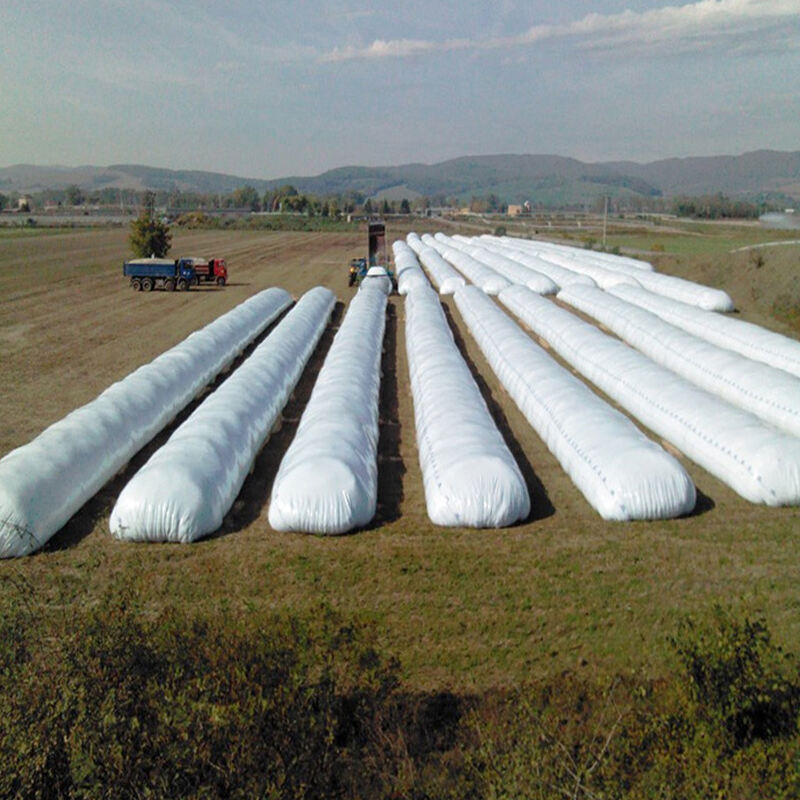plastic mulch biodegradable
Plastic mulch biodegradable represents a revolutionary advancement in agricultural technology, offering an environmentally conscious solution for modern farming practices. This innovative material is specifically engineered to provide the same benefits as traditional plastic mulch while naturally decomposing into the soil after its useful life. Manufactured using plant-based polymers and other biodegradable materials, these mulches effectively regulate soil temperature, conserve moisture, and suppress weed growth throughout the growing season. The material maintains its structural integrity during the crop cycle, typically lasting 3-6 months depending on environmental conditions and formulation, before beginning its decomposition process. The biodegradation occurs through natural soil microorganisms, breaking down into carbon dioxide, water, and biomass without leaving harmful residues. These mulches are available in various thicknesses and colors, each designed for specific crop requirements and climate conditions. The technology incorporates UV stabilizers and carefully balanced polymer blends to ensure consistent performance throughout the growing season while maintaining its biodegradable properties.


